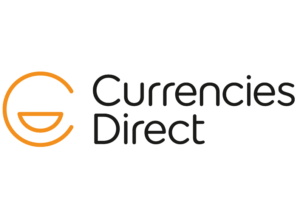Currency transfer accounts compared & reviewed
We have ranked, compared and reviewed some of the best currency transfer accounts in the UK that are regulated by the FCA.
If you need to send money abroad there are a few different ways of doing it. It’s important to use the right type of currency transfer provider for the specific type of money transfer you need. Our guides can help you choose a provider that offers the right way to transfer money abroad.

Currency Brokers
If you are sending large amounts of money abroad to buy a holiday home or for business a currency broker can get you the best exchange rates and give you the most control over the conversion.
Compare currency brokersMoney Transfer Apps
Money transfer apps let you send small amounts of money quickly and cheaply to people all over the world.
Compare money transfer appsCurrency Forward Contracts
If you want to lock in the current exchange rate for up to two years in the future you can do so with one of these providers which offer currency forward contracts.
Compare currency forward providers
















